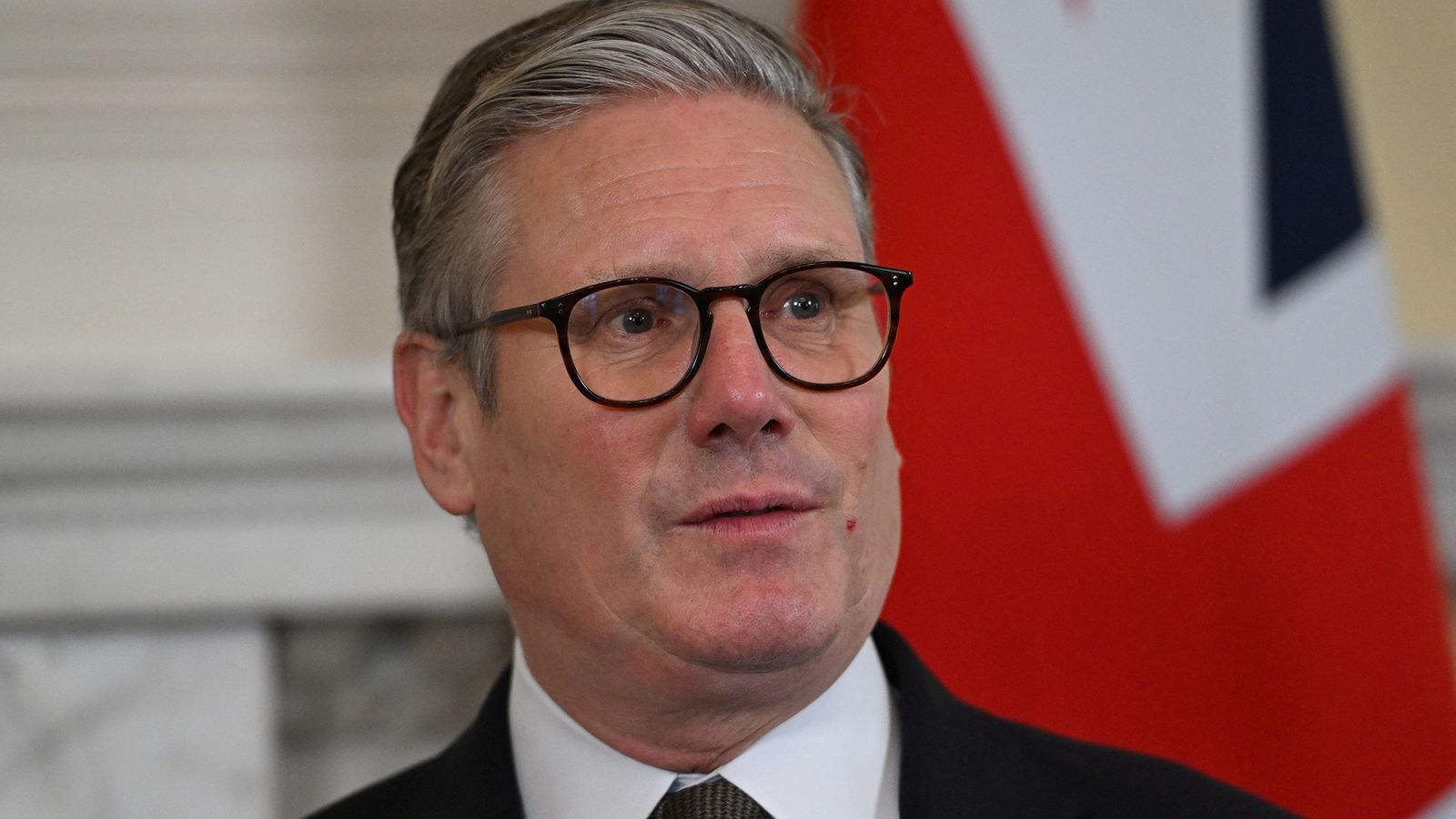Commuters cycles past the Bank of England (BOE), left, in the City of London, UK, on Monday, Sept. 16, 2024. The central bank’s Monetary Policy Committee’s interest rate decision is scheduled for release on Sept. 19.
Bloomberg | Bloomberg | Getty Images
LONDON — The Bank of England on Thursday said it would hold interest rates steady following its initial cut in August, even after the U.S. Federal Reserve opted for a jumbo rate cut the day before.
The Monetary Policy Committee voted by 8 to 1 to hold, with the dissenting member voting for a 0.25 percentage point cut.
A “gradual approach” to monetary easing remained appropriate, with services inflation remaining “elevated,” the committee said. The U.K. economy, which has returned to growth but been sluggish this year, is expected to return to an underlying pace of around 0.3% per quarter in the second half, it added.
The British pound was bolstered by both announcements, trading up 0.72% against the U.S. dollar at $1.3306 at 12:10 p.m. London time Thursday. That was the highest rate since March 2022, according to LSEG data.
Global equity markets meanwhile rallied Thursday, with the pan-European Stoxx 600 index 1.35% higher.
Also being closely-watched Thursday is the BOE’s annual announcement on the pace of quantitative tightening (QT). The central bank voted to reduce its stock of bonds – known as gilts – by £100 billion ($133 billion) over the next twelve months through active sales and the maturation of bonds.
That amount was in-line with the prior period, against the expectation of some for an acceleration of the program.
The BOE sustains losses on its QT program, subsidized by the taxpayer, because they were bought in the past at higher prices than they are being sold for. However, BOE Governor Andrew Bailey argues it needs to conduct QT now to have space to undertake more quantitative easing or other operations in the future.
The committee is assessing a mixed bag of data, with headline inflation consistently coming in near to its 2% target but price rises in services — accounting for around 80% of the U.K. economy — ticking higher to 5.6% in August. Wage growth in the U.K. cooled to a more than two-year low over the three months to July, but remained relatively high at 5.1%.
The BOE confirmed expectations for a hold even after the U.S. Federal Reserve on Wednesday kicked off its own rate cuts in the current cycle with a 50 basis point reduction. Many strategists had expected a smaller 25 basis point cut at the September meeting, despite market pricing through this week pointing to more than 50% probability of the more aggressive option.
Fed Chair Jerome Powell told a news conference the central bank was “trying to achieve a situation where we restore price stability without the kind of painful increase in unemployment that has come sometimes with this inflation.” Recent U.S. labor market data had sparked concerns about the extent of the slowdown in the world’s largest economy.
The British pound was bolstered by the Fed news, trading up 0.5% against the U.S. dollar at $1.327 at 11:15 a.m. London time Thursday. Global equity markets meanwhile rallied, with the pan-European Stoxx 600 index 1.34% higher.
The Bank of England cut its key rate to 5% from 5.25% in August in a tight 5 to 4 vote, and was widely expected to hold them there until its next meeting in November .

British pound/U.S. dollar
Frederik Ducrozet, head of macroeconomic research at Pictet Wealth Management, said regarding the QT program that the Bank of England was “stuck between a rock and a hard place and that’s because of the choice they made in the past,” and because it was the only central bank in the world that was recording these types of losses.
The U.K.’s new Labour government is due to deliver its first budget in October. Extending passive and active QT into next year will create “problems for fiscal policy, at least it doesn’t make the government’s job easier,” Ducrozet told CNBC’s “Street Signs Europe” shortly ahead of the decision.
“Or you don’t, and then you look like you’re not really independent from the government, you make more losses and you have to manage that over time,” he said.







